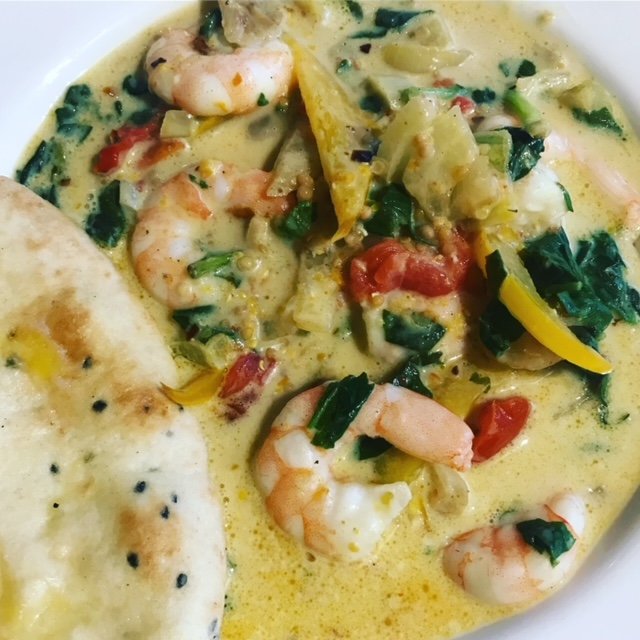Soldier Sailor by Claire Kilroy
Oh, this book. This extraordinary book. It has floored me. It hurt and it healed.
The vertigo and grief of realising, too late, that you have crossed the border into that new world — Liz Berry’s Republic of Motherhood. Without meaning to, you have left home because “all along I had believed I was equal, when all along I was not, because all along I had been treading towards this great crevasse called motherhood, and now that I was at the bottom of it looking up at the world through my brain fog, I could see that to have presumed Empire and patriarchy were dead was naive at best. Not only were they alive and well: they had won… the fear that gripped me… was not a fear that I had experienced before, having never been weak before, nor injured, nor incompetent. I was now too stupified to find my way back to my old life. That girl was gone and all I could do — indeed all I did do — was cry when you weren’t looking.”
Competence. It seems a basic thing, but when it’s stripped away we are left reeling. Soldier, Sailor is so good on the moment when the trapdoor opens and you plummet out of your life, shambling and leaking and weeping and raging. There are many areas of life in which I am not a competent person, including — but not limited to — parking, assembling furniture, maths above Y5 level and absolutely any sporting endeavour other than riding a bike. A friend said that new motherhood felt like being plunged into a deeply physical, 24/7 job for which she was unqualified, untrained and, she often feared, unsuited and I felt this so deeply. This book expressed that panic and frustration so lucidly — oh, the mini-meltdown at the supermarket checkout! I used to be a capable adult, you know. I once accidently shoplifted a pack of reduced-price casserole vegetables because I’d slung them under the buggy and was so, so tired. Sorry about the swede, Sainsburys.
I viscerally reacted to the portrait here of the thousand near misses every day, occasions that I still tremble and sweat about, that flash across my inner eye: the sharp stone steps, the reachable knife, the road darted across, the playground vanishing… There’s one involving dismounting from a train without having fastened the pram straps properly that haunts me now, eight years on, pretty much daily. Look at a mother and you are looking at someone who is going about their life with lurid catastrophe reels looping in their minds hourly. How can the world hurt you? Let me count the ways. How bright those bloody pictures are at 4am. I’m a decade into this and I know that although the content will change, there isn’t an off switch. Soldier, Sailor reminded me how astonishing it is we can put one foot in front of the other, dogged by such fear.
Claire Kilroy is so good, too, on the rage and resentment. It blazes. And explaining, even to those who share your life — but haven’t offered theirs up on this altar, not to the same all-consuming degree — feels like returning from the Western Front, ravaged and ragged, and trying to talk to a provincial gentlewoman who has been knitting for the boys in a tranquil parlour with tea. She brought all this back to me.
But the love.
She is incredible on the love.
Would I have wanted to read it during those lunatic nights? I’m not sure. (I lost the ability to read almost entirely for about a year anyway.) It took me back to those early days: running to get nowhere, a million things to do every second, always teetering on the edge of a scream that shreds you, and nothing to show for it but the miracle of them, which is everything, but where are you? A me I’ve since shed felt seen and scorched. I loved it and I bawled. This is a brilliant, brilliant book.
Soldier, Sailor by Claire Kilroy is out now in paperback.



















